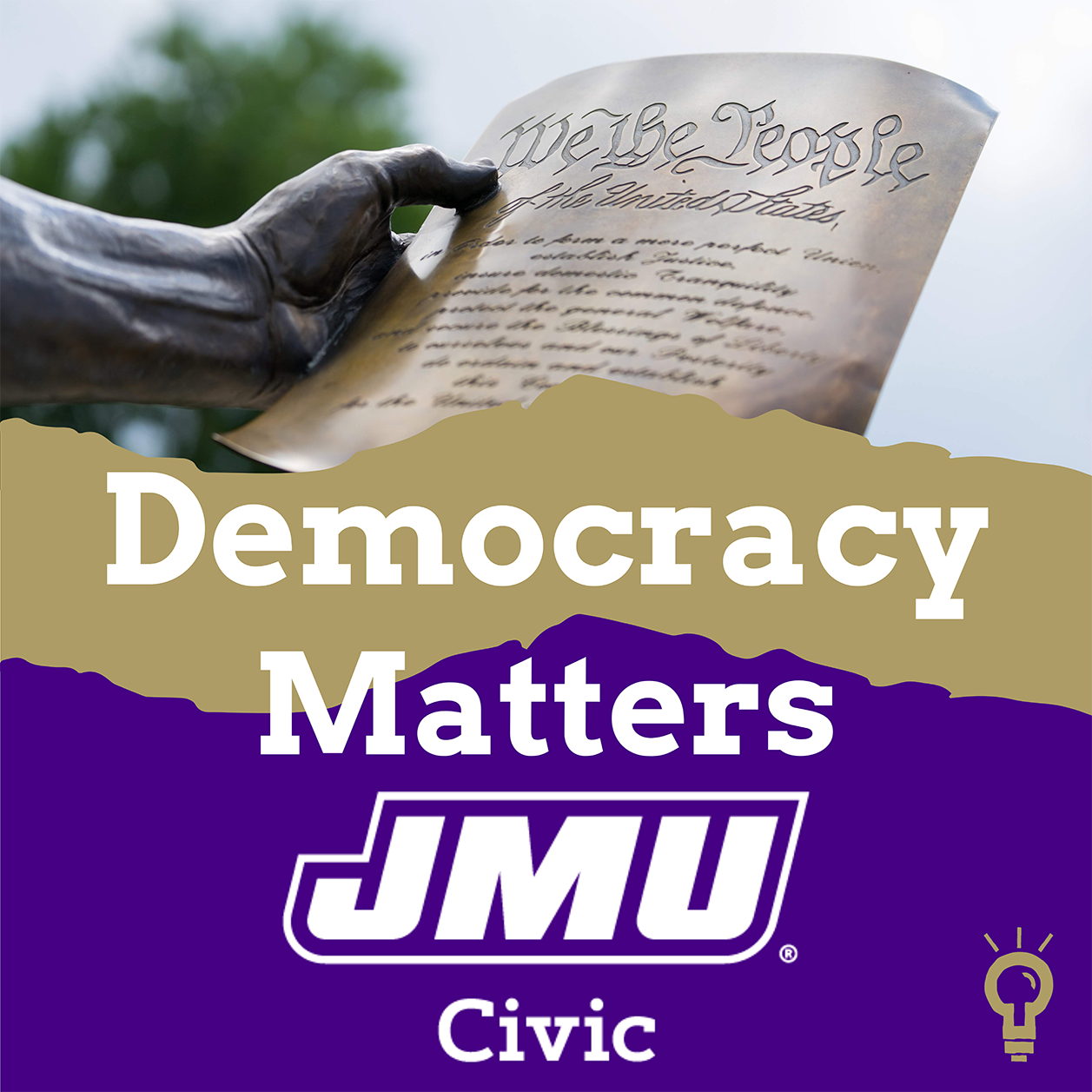Democracy Matters - Episode 17: Is Civility a Cure for the Dysfunctions of Democracy?
News
What do high levels of distrust and socioeconomic and political inequality portend for democracy and civility? In this episode we talk with Dr. Robert Talisse, W. Alton Jones Professor of Philosophy at Vanderbilt University about what civility is and why it fails. While one popular, but ultimately untenable conception of civility is politeness, reservedness, concessiveness, calm tone and norms of decorum, ultimately it isn’t a properly democratic conception of civility. When arguing about justice and injustice, animation is inevitable. Properly deployed, political antagonism and contest is part of what democratic politics is all about. The popular conception of civility is a device that enables powerful people to silence critics and exclude the most vulnerable people from the conversation. Civility has to be consistent with the real heated debate about the things that matter because democracy cannot be a political order in which we all agree. In certain kinds of contexts where there are power differentials in play, civility is consistent with certain kinds of animosity, disruptiveness, and acts of protest and resistance.
Links in this episode:
- Overdoing Democracy by Robert Talisse
- “Why Civility Fails” by Robert Talisse
- Pew Research Center: Americans say the nation’s political debate has grown more toxic and ‘heated’ rhetoric could lead to violence
- Pew Research Center: Partisan Antipathy: More Intense, More Personal
